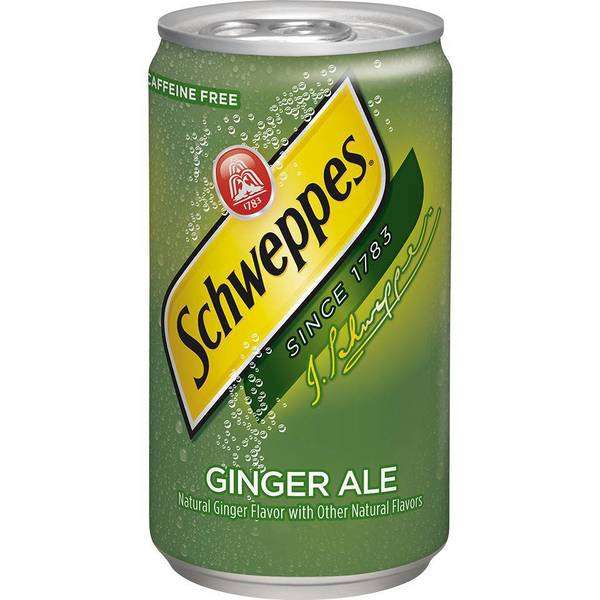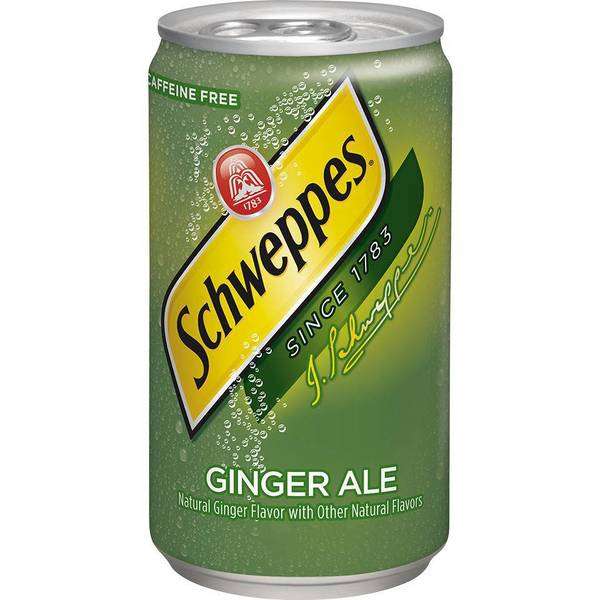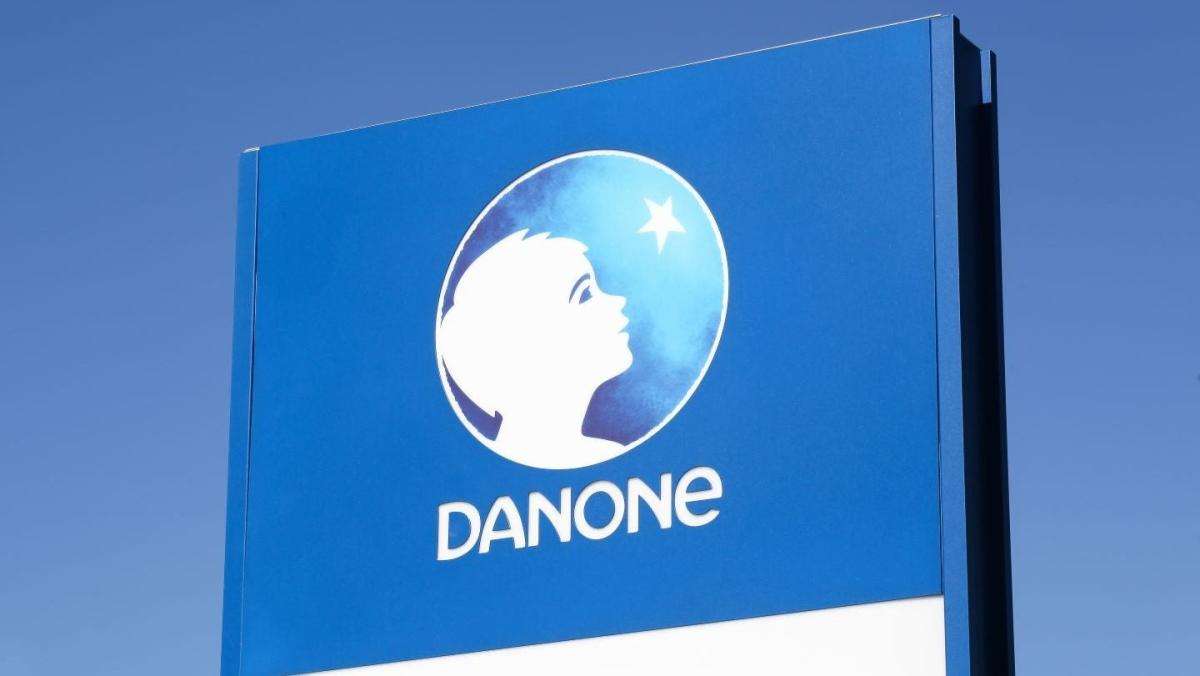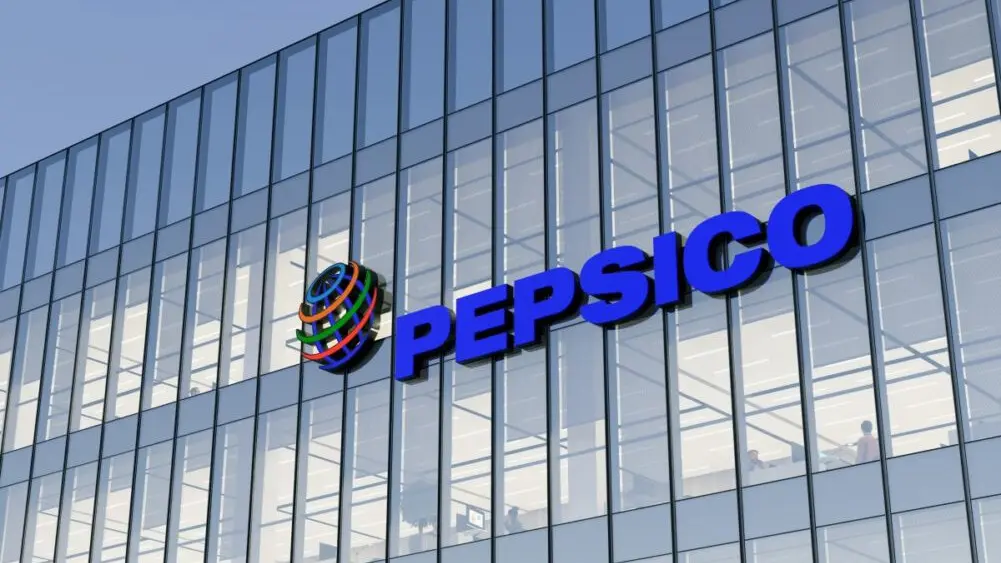The Impact of Mislabeling: PepsiCo’s Schweppes Ginger Ale Recall
Introduction: A Significant Oversight in Beverage Labeling
In a recent oversight that could have serious health implications, PepsiCo has initiated a voluntary recall of over 230 cases of Schweppes Ginger Ale. The recall was triggered by the discovery of full sugar content in cans that were marketed as sugar-free. This incident is particularly concerning for millions of Americans managing diabetes and other health conditions that require monitoring of sugar intake.
Details of the Recall
The recall affects Schweppes Ginger Ale cans that were distributed in Maryland, Pennsylvania, and West Virginia. Originally labeled as “zero sugar”, these cans were found during an internal investigation to contain full sugar levels. Approximately 233 cases, or about 5,592 cans, are involved in the recall, which PepsiCo announced last month.
Health Risks and Consumer Safety
The presence of sugar in a product labeled sugar-free poses significant health risks for individuals with diabetes, as unexpected sugar intake can lead to serious complications such as hyperglycemia. For consumers trying to manage their blood sugar levels, consuming a mislabeled beverage can disrupt carefully maintained health plans.
Current Status and Company Response
As of now, the recall is classified as ongoing. PepsiCo has yet to issue a formal statement regarding whether the affected products have been removed from store shelves, and no injuries or adverse health effects have been reported to date. The company has also not responded to inquiries from the media, leaving some consumers in the dark about potential next steps and remedies.
Identifying Affected Products
For consumers who have purchased Schweppes Ginger Ale, identifying the affected products is crucial. Key information such as the sell-by date and universal product code can help determine whether a particular can is part of the recall. This information is vital for anyone needing to avoid sugar for health reasons.
Broader Implications for Food and Beverage Safety
This incident raises important questions about quality control and labeling accuracy in the food and beverage industry. Mislabeling not only jeopardizes consumer trust but also poses a significant health risk, making it critical for companies to maintain stringent quality checks.
The Need for Vigilant Quality Control
The PepsiCo recall underscores the necessity for rigorous quality control systems in the food and beverage sector. Companies must ensure that their products accurately reflect the labeling and branding promised to consumers, especially when it pertains to ingredients that could affect health.
Consumer Rights and Corporate Accountability
This recall serves as a reminder of the responsibilities corporations have to their consumers. Transparency, swift action in correcting errors, and clear communication are essential aspects of corporate accountability. Consumers affected by such recalls have the right to know how they can be compensated or protected from similar incidents in the future.
Conclusion: Lessons Learned and Looking Forward
PepsiCo’s recall of Schweppes Ginger Ale due to mislabeling is a significant event that highlights the challenges and importance of accurate product labeling. As the situation continues to unfold, it will be important for PepsiCo to take decisive actions to address the issue and prevent future occurrences. For the consumer, staying informed and vigilant about product recalls is crucial, particularly for those with specific dietary needs. This incident is a powerful reminder of the ongoing need for vigilance and strict adherence to quality and safety standards in the food and beverage industry.
Related: The Carrefour-PepsiCo Dispute
Source: USA Today




